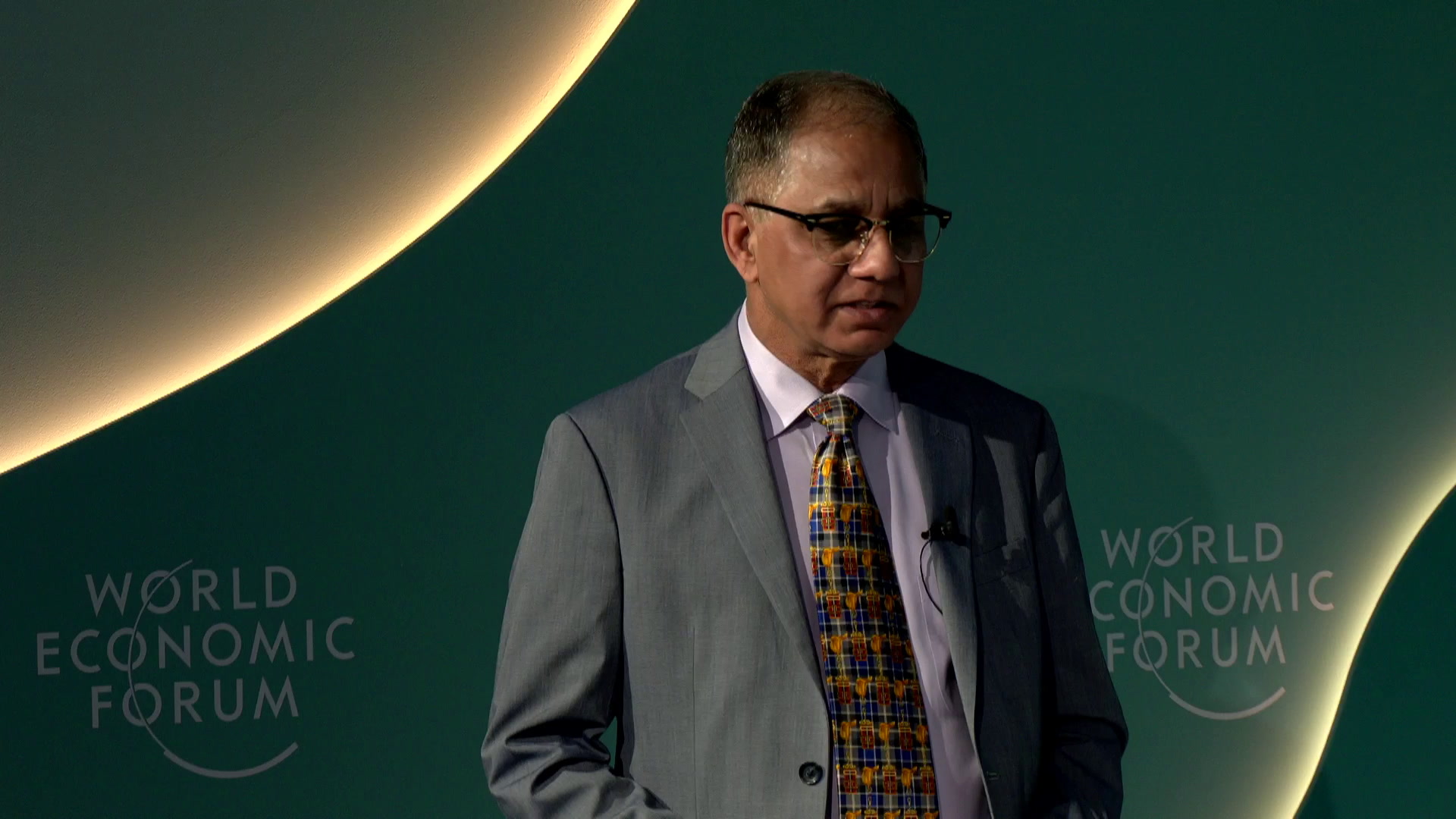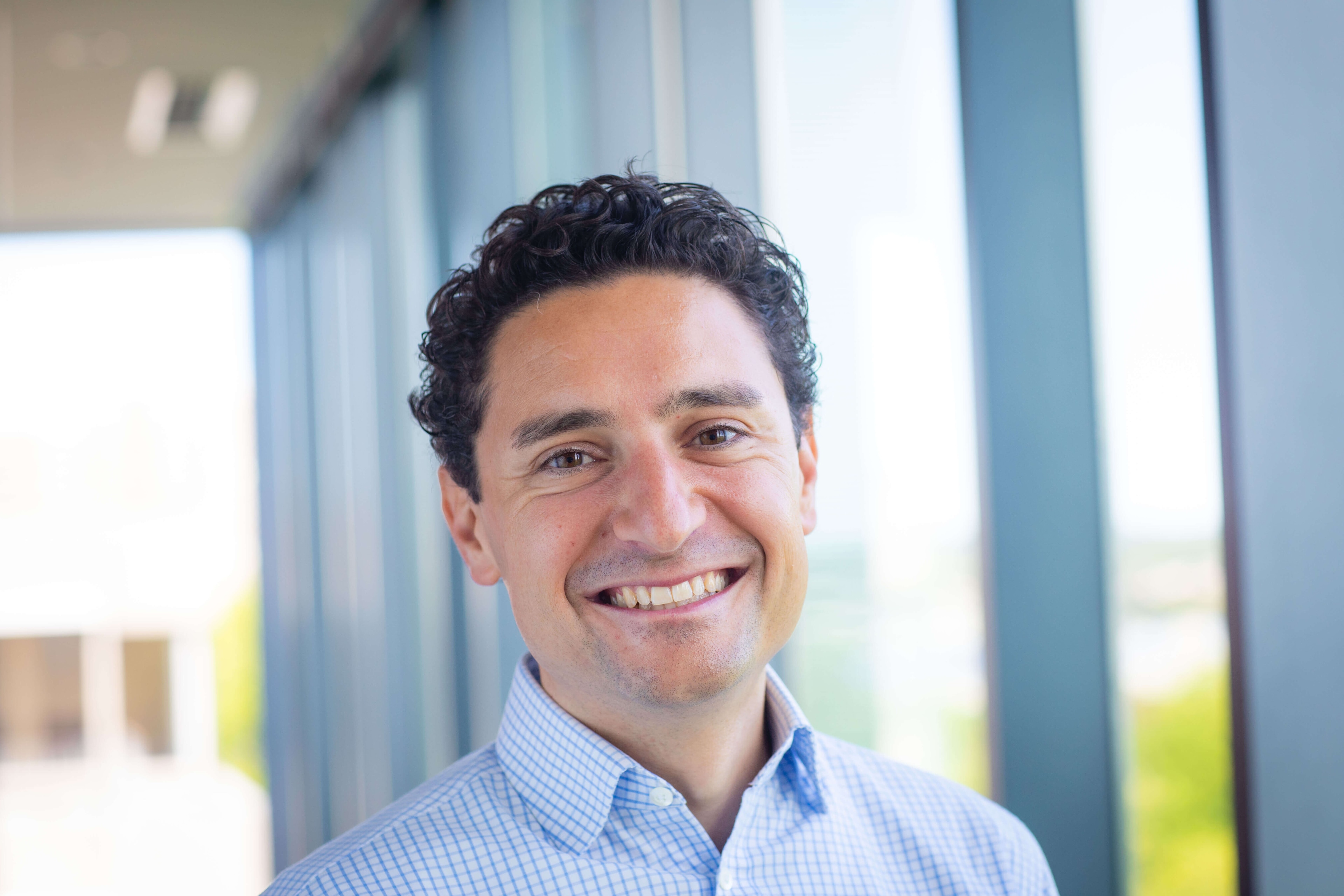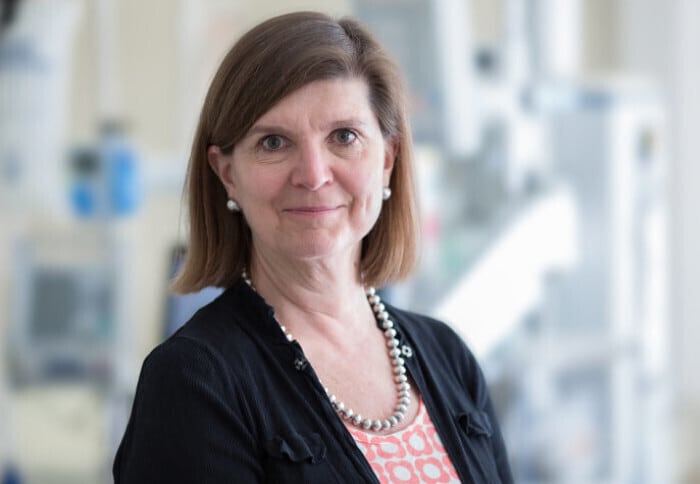Global Future Council on Antimicrobial Resistance
Global Future Council on Antimicrobial Resistance

Council mission and objectives
Antimicrobial resistance (AMR) is already a leading cause of death globally, higher than HIV/AIDS or malaria. What novel approaches are needed to accelerate effective action on AMR?
The World Economic Forum will approach AMR through multifaceted efforts inclusive of the GFC on Tackling AMR Resistance, the Unified Coalition for the AMR Response (UCARES) Initiative, and the launch of a Davos Compact with the goal to unlock sustainable and synergistic financing from both public and private sources to reduce the global deaths associated with AMR, saving more than 100 million lives by 2050
Council Managers
Judith Moore, Head, Healthcare Access & Outcomes, World Economic Forum
Katie Young, Initiative Lead, Healthcare System Transformation, World Economic Forum
Additional Readings
What is antimicrobial resistance and how can we tackle it?
Drug resistance: Could global goals be the answer to this worldwide health crisis?
Why drug resistance is becoming one of our biggest global health security blind-spots
Market failures cause antibiotic resistance. Here's how to address them
Inequality is driving antimicrobial resistance. Here's how to curb it
Related articles
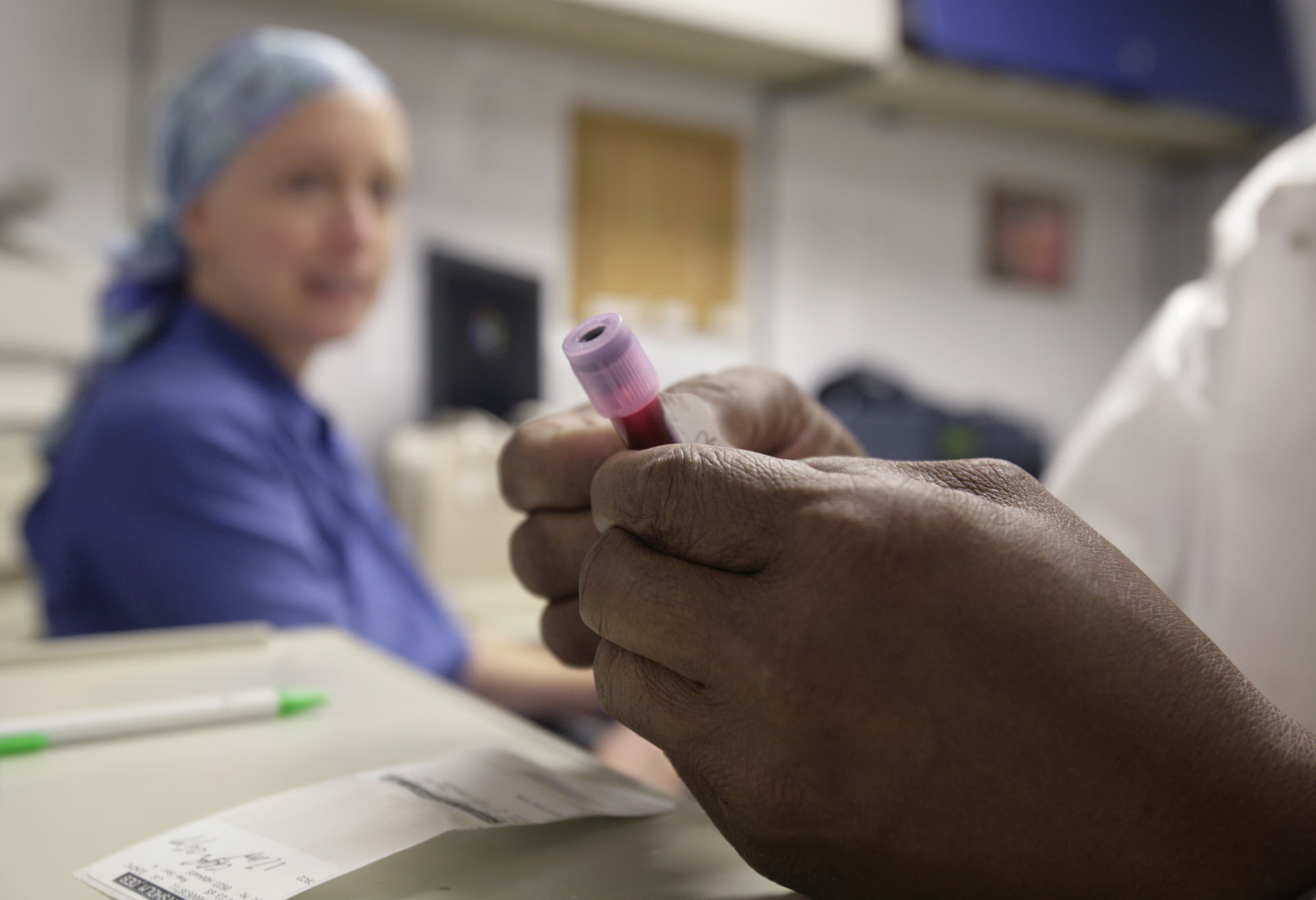
薬剤耐性が、血液がん治療のサイレントリスクでなくなる日
がん治療は今、新たなイノベーションの時代を迎えています。免疫療法、分子標的治療、細胞療法の進歩により、患者の治療アウトカムは劇的に改善しつつあります。一方、薬剤耐性菌の増加により、特に免疫機能が著しく低下した血液がん患者において感染症リスクが高まっています。
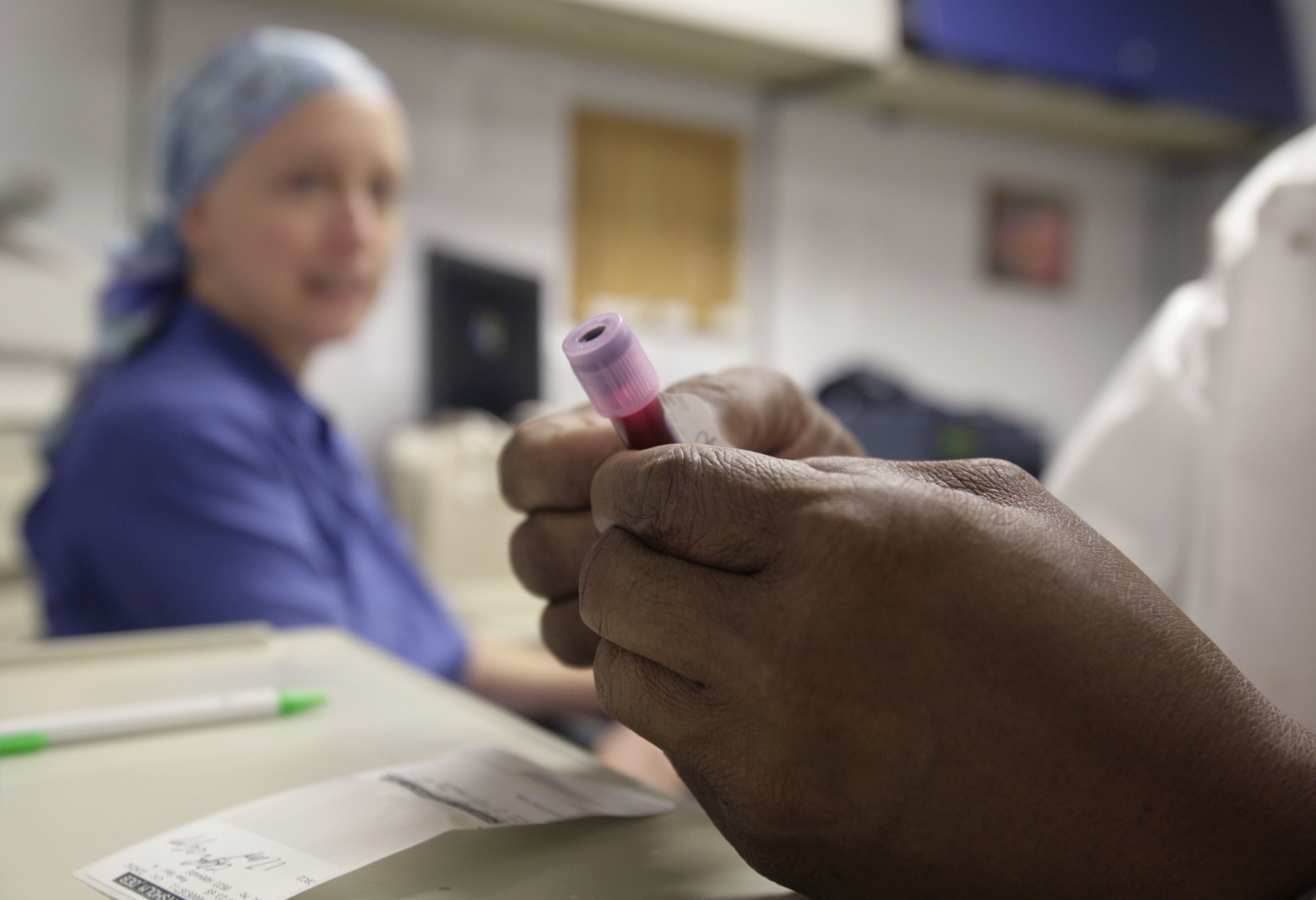
How antimicrobial resistance is risking blood cancer treatment
Antimicrobial resistance threatens blood cancer care, raising infection risks, undermining trials and endangering the future of oncology innovation.
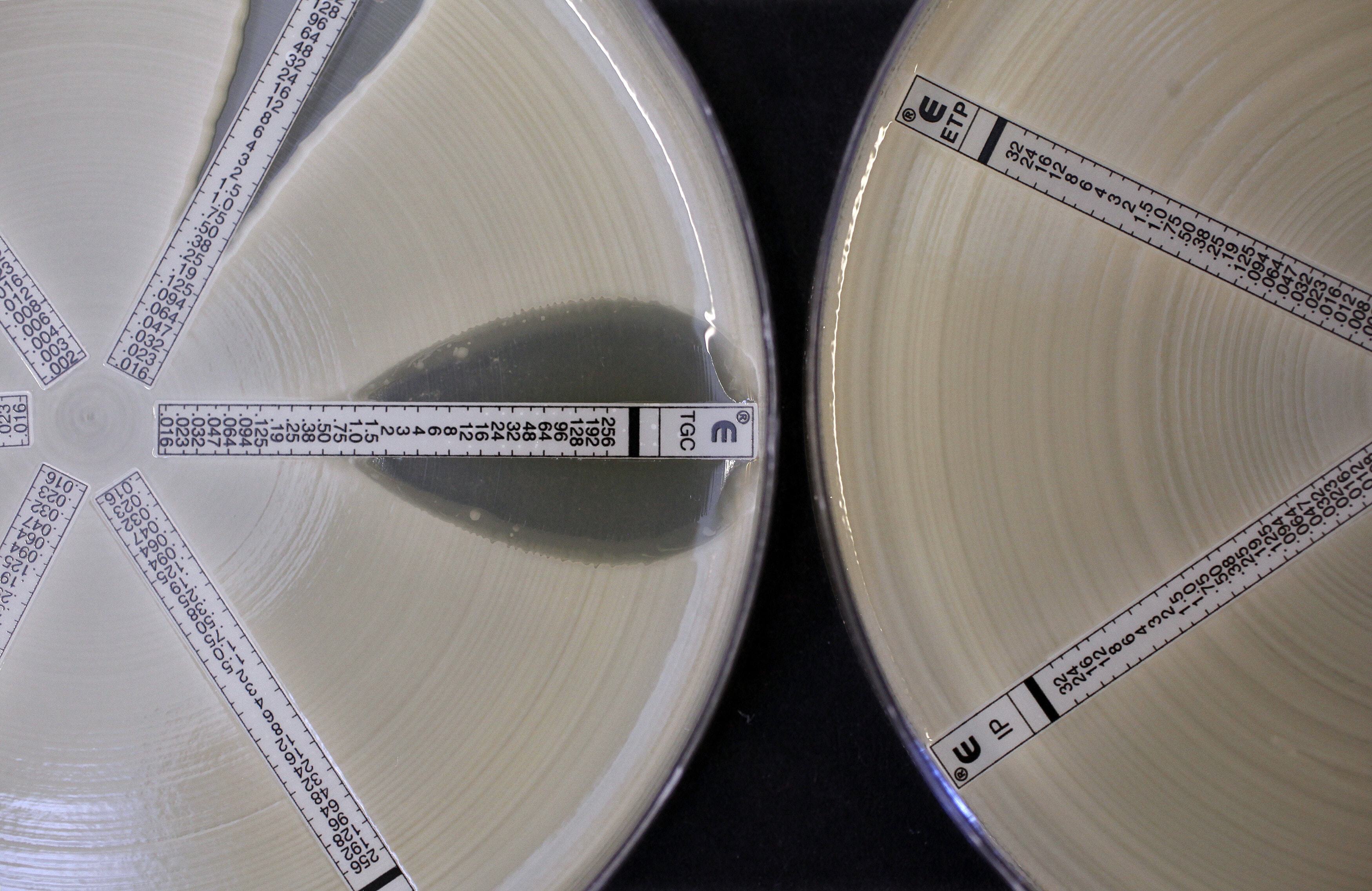
Stop playing catch-up with superbugs: the anticipatory governance of antimicrobial resistance
Antimicrobial resistance (AMR) threatens lives, healthcare systems and the global economy. But anticipatory governance that reshapes responses can get ahead of the problem

Why national-level data is needed for an improved global response to antimicrobial resistance
With antimicrobial resistance threatening additional future healthcare costs of $1 trillion, better data would help shore up national action plans.
Related reports
Read our reports on the range of issues we’re seeking to address
